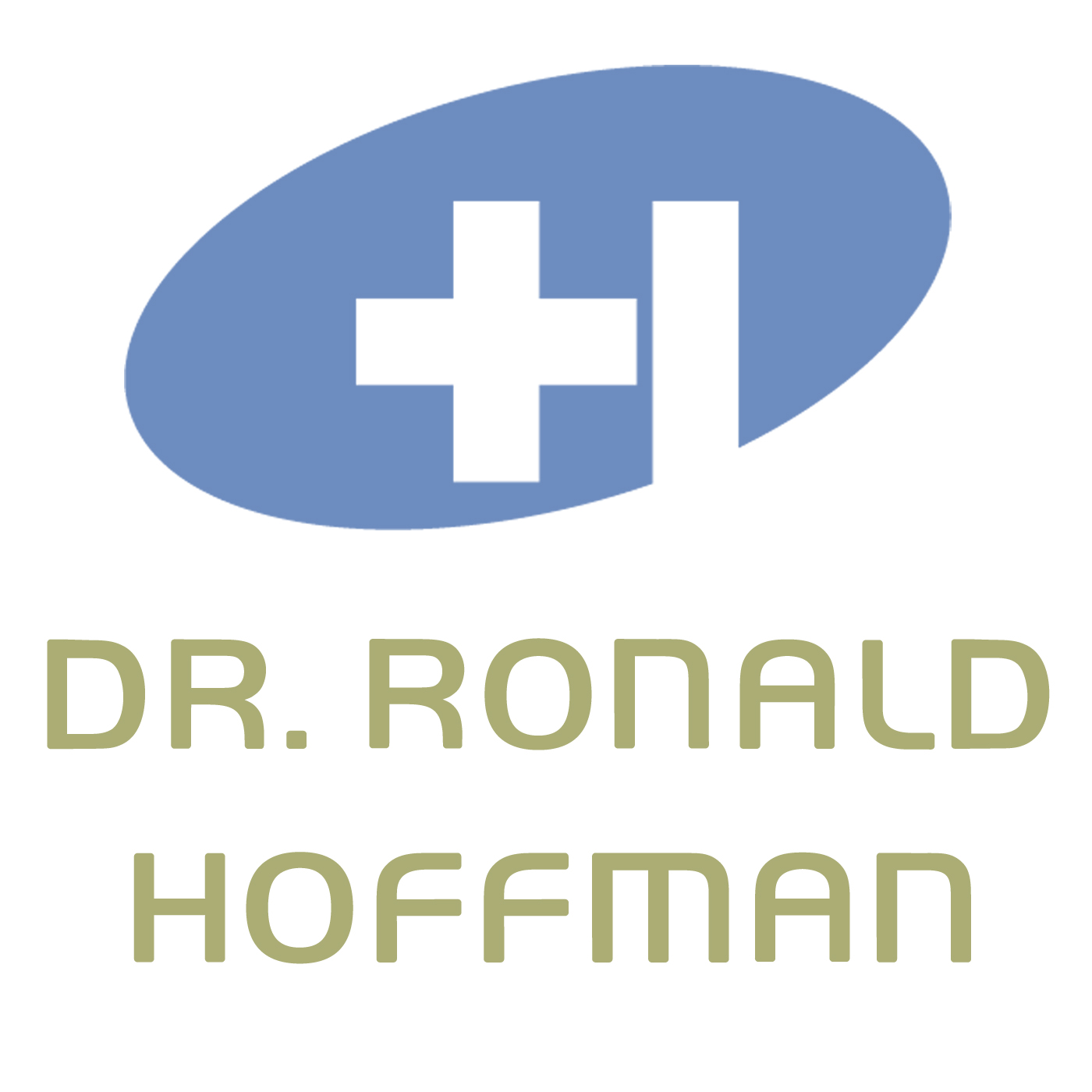| Podcast | |
|---|

|
ENCORE: “Fat Head,” Part 1
November 23, 2017
Writer/producer Tom Naughton, creator of the movie “Fat Head," pushes back on the latest WHO pronouncements about the dangers of meat. “Fat Head" was a deliberate rebuttal to Morgan Spurlock’s "Supersize Me” which Naughton feels mischaracterizes the problem with fast food: It’s not the saturated fat, it’s all the refined carbohydrates, including a massive assault from high fructose corn syrup. Naughton explains why studies indicating fat have been misinterpreted. He personally has benefitted from a switch from a “prudent” low-fat diet to a Paleo-style eating plan. Naughton’s new project is a collaboration with his wife to produce an illustrated children’s book that explains healthy diet principles. Click HERE for part 2.
|
Share:
 |
|

|
ENCORE: “Fat Head,” Part 2
Dr. Hoffman continues his conversation with writer/producer Tom Naughton, creator of the movie, "Fat Head." Click HERE for part 1.
|
Share:
 |
|

|
A Live Olive Oil Tasting with T.J. Robinson, the “Olive Oil Hunter,” Part 1
November 16, 2017
Dr. Hoffman is joined by T.J. Robinson, AKA the Olive Oil Hunter, owner of the Fresh-Pressed Olive Oil Club, as he returns from his annual visit to the Italian Olive Harvest. Dr. Hoffman tastes and evaluates the fresh-pressed olive oils direct from the Italian Harvest. What are the major mistakes people make when buying olive oil? What to look for when evaluating high-quality olive oil. Tips on how to shop for olive oil, and the best way to store olive oil so it stays fresh. Go to MyFavoriteOliveOil.com for a special offer from the Fresh Pressed Olive Oil Club for Intelligent Medicine listeners. Click HERE for part 2.
|
Share:
 |
|

|
A Live Olive Oil Tasting with T.J. Robinson, the “Olive Oil Hunter,” Part 2
Dr. Hoffman continues his conversation with T.J. Robinson, AKA the Olive Oil Hunter, as they taste and evaluate fresh-pressed olive oils from this year's Italian Olive Harvest. Click HERE for part 1.
|
Share:
 |
|

|
Breathing Better, Part 1
November 9, 2017
Airway problems may be at the root of numerous health conditions: Fatigue, anxiety, ADHD, even hypertension, cardiovascular disease, metabolic syndrome and obesity. Additionally, breathing optimization can enhance athletic performance. Shirley Gutkowski is a dental hygienist who has shifted her focus to airway problems at her practice “Primal Air” in Wisconsin. Why has the human palate devolved to set the stage for breathing difficulties? Is this a disorder of modern civilization? How does chronic nasal congestion and sinusitis contribute to problems? Why is mouth breathing bad? How does xylitol help to break up nasal mucus? What are its newly-discovered anti-cancer properties? What is Buteyko breathing? How does it create a “reset” for the entire nervous system? If you suspect you’re suffering from airway problems, Primal Air is offering Intelligent Medicine listeners a free consultation via www.PrimalAir.com. Obtain more information about Xlear at www.xlear.com. Click HERE for part 2.
 |
Share:
 |
|

|
Breathing Better, Part 2
Dr. Hoffman continues his conversation with Shirley Gutkowski, a practicing orofacial myofunctional therapist and Buteyko breathing educator. Click HERE for part 1.
|
Share:
 |
|

|
Refocusing the Doctor-Patient Conversation, Part 1
November 7, 2017
"What Patients Say, What Doctors Hear" by Dr. Danielle Ofri. Much of what transpires in a doctor’s office gets “lost in translation”. Miscommunication is rampant. Caregivers succumb to “depersonalization” which renders patients into mere objects. This undermines patient care. Due in part to rushed visits, physician burnout, and the interposition of electronic medical records, miscommunication also stems from lack of health literacy on the part of patients. Dr. Ofri explores unconscious bias on the part of physicians—how can it be overcome? Why does empathy by health practitioners improve patient outcomes, but carries a potential cost for caregivers? Why do doctors interrupt patients so frequently? Why is simply listening an art, and how can proficiency by honed? Why is study of the humanities now recommended as part of medical training? Click HERE for part 2.
|
Share:
 |
|

|
Refocusing the Doctor-Patient Conversation, Part 2
Dr. Hoffman continues his conversation with Dr. Danielle Ofri, author of "What Patients Say, What Doctors Hear." Click HERE for part 1.
|
Share:
 |
|

|
Treating Cancer with a Ketogenic Diet, Part 1
October 31, 2017
In her new book, "Keto for Cancer," nutrition advocate Miriam Kalamian details the rationale for treating cancer with a ketogenic diet. Based on research by Nobel Prize winner Dr. Otto Warburg nearly 100 years ago, new studies are vindicating the view that sugar is a cancer promoter. The ultra low-carb ketogenic diet targets the metabolic basis of most cancers. It’s not a panacea, but combined with innovative techniques, it can extend life and improve quality of life. Kalamian details her experience with her son, diagnosed with brain cancer, which spurred her interest in the ketogenic diet. What’s left to eat? What’s a typical meal? Is too much protein a stumbling block? Can intermittent fasting and caloric restriction confer some of the benefits of the ketogenic diet? How do dieters check whether they’re achieving ketosis? Is it inadvisable for some conditions? How to cope with carb withdrawal? Additional applications include diabetes, weight loss, Metabolic Syndrome, cardiovascular disease, and polycystic ovarian syndrome, as well as neurodegenerative conditions like Parkinson’s and Alzheimer’s Disease. Click HERE for part 2.
 |
Share:
 |
|

|
Treating Cancer with a Ketogenic Diet, Part 2
Dr. Hoffman continues his conversation with nutrition advocate Miriam Kalamian, author of "Keto for Cancer." Click HERE for part 1.
|
Share:
 |
|
|




























